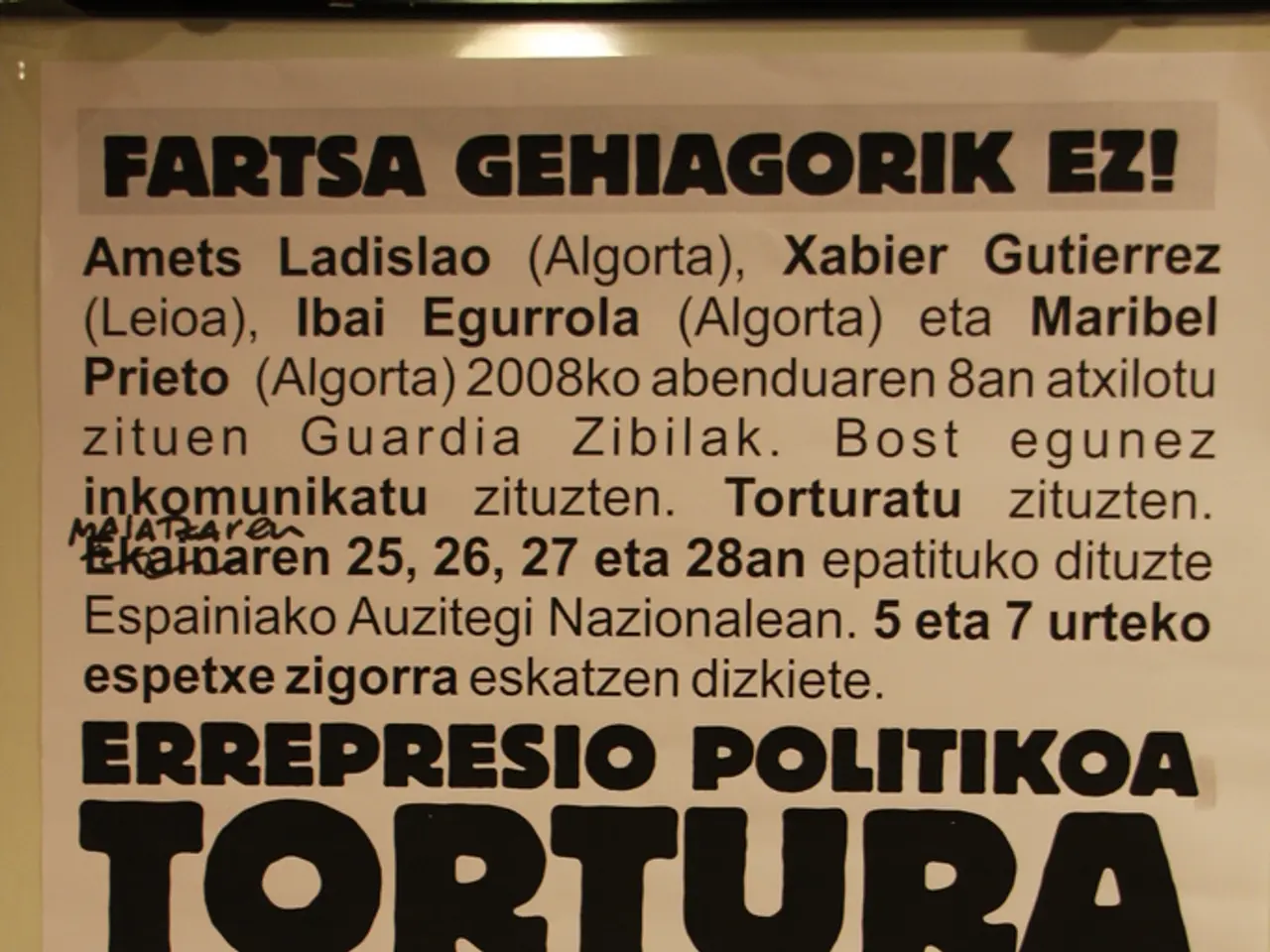Music Composer Gustavo Santaolalla, the Master of Tune crafting
Gustavo Santaolalla, born in El Palomar, Buenos Aires, Argentina in 1951, is a maestro who sets himself apart with his ability to weave stories through music. Each composition is a narrative, a glimpse into a world seen through his eyes.
By his teenage years, Santaolalla was already making waves in the Argentine rock scene. His musical journey began at a young age, and it has been an ever-evolving journey ever since.
One of his most iconic compositions, "Iguazu," is named after the iconic waterfalls in Argentina. Another, "Deportation," is a hauntingly beautiful melody that speaks of loss, longing, and the pain of separation. "Lela," released in 1998, creates an atmosphere of nostalgia and longing, while "De Ushuaia a La Quiaca" is a musical journey that takes listeners on a voyage from Ushuaia, the southernmost city in the world, to La Quiaca, located at the northern tip of Argentina. This composition is a musical representation of the diverse landscapes and cultures of Argentina.
Santaolalla's music compositions have an enduring quality, reminding us of the power of music to connect, to heal, and to inspire. Over the years, he has ventured into various genres, including folk and film scores. His contributions to music are immeasurable, and he has been a pivotal figure in introducing Latin American sounds to a global audience.
Santaolalla's work in film scores has earned him international acclaim. He won two Academy Awards for his scores for "Brokeback Mountain" and "Babel." Other notable film scores include those for "Amores Perros," "21 Grams," "The Motorcycle Diaries," and "Biutiful."
His acclaimed work on the video game series "The Last of Us" is also noteworthy. Themes such as The Last of Us (A New Dawn), The Hunters, and Smugglers are among his most streamed tracks on Spotify, reflecting the influential work he has done on this series. Key pieces for the "The Last of Us" TV series soundtrack, such as All Gone and It Can't Last (Sunset), further solidify his impact in the gaming world.
Santaolalla's solo album Ronroco (1998) showcases the characteristic folk string instrument ronroco and has been widely used in films and TV series. Tracks like Iguazu and De Ushuaia a La Quiaca from this album are particularly notable.
Lela is a piece that feels like a gentle caress and conveys profound emotions with simplicity. De Ushuaia a La Quiaca, on the other hand, is a hauntingly beautiful melody that speaks of loss, longing, and the pain of separation.
In all, Santaolalla is recognized for his minimalist, emotive compositions that blend Latin American folk elements with atmospheric soundscapes. His music continues to touch souls, making him a maestro in the world of music.
Despite his numerous contributions in genres like rock, folk, and film scores, Gustavo Santaolalla's enduring compositions, such as "Deportation" and "Lela," have showcased his adeptness at weaving narratives in music and adding to the diversity of entertainment. With a lifestyle deeply ingrained in music, Santaolalla's work as a composer continues to captivate audiences worldwide, bridging gaps and provoking emotions in all.







